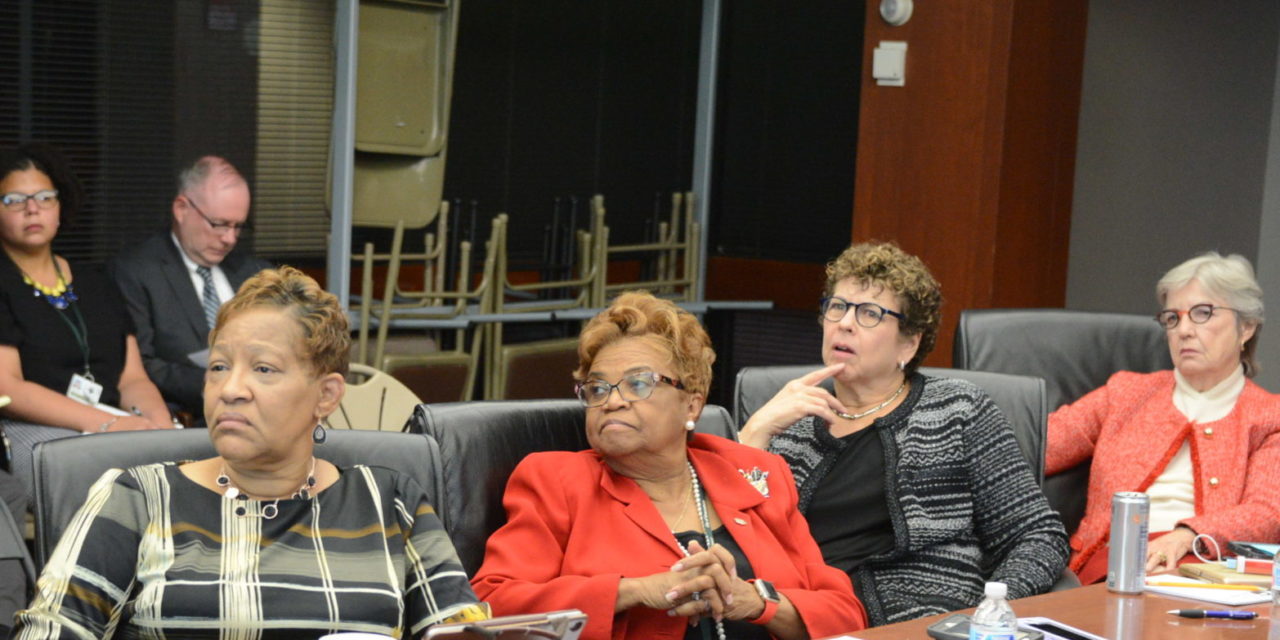At the Tuesday afternoon work session the City Council heard once again from the Greensboro Transit Agency (GTA) staff that bus fare increases are needed.
GTA had asked for bus fare increases in the proposed city budget, but the City Council took it out at a cost of about $1 million.
Despite being asked again, there is no reason to think that the City Council is going to approve a bus fare increase next year, because the City Council has learned it can raise taxes without much complaint, but even when the City Council didn’t raise bus fares it heard a lot of complaints from bus riders because the increase had been in the proposed budget.
At the work session in the Plaza Level Conference Room GTA staff did an in depth job of explaining why fares need to be increased. The requested increase is from $1.50 to $1.75 in 2020 and from $1.75 to $2.00 in 2021.
The reason the GTA staff believes a fare increase is needed is that over the past five years ridership is averaging about a 5 percent decrease each year which means bus fare revenue is down while expenses are rising at about 3 percent per year.
Decreasing bus ridership is a nationwide trend, in part caused by the much improved economy. Unemployment figures hitting historic lows means more people have jobs and also that companies have to pay higher wages to attract and keep workers. The result is more people can afford to buy cars and no longer need to rely on a bus for transportation.
Along with the ridership trending down on the regular or fixed route buses, ridership is increasing on the paratransit SCAT buses. It costs the city about $3.75 per passenger on the fixed route buses with the fare at $1.50 the city picks up $2.25 of that cost.
For SCAT the cost is $34.48 per passenger and the fare is $1.50 so each SCAT passenger cost the city $32.98.
In the current budget GTA is receiving an additional $2.5 million from the city’s general fund. According to GTA projections without the fare increases by 2023 GTA will need an additional $2 million in city funding.
GTA also recommended that the policy that allowed SCAT riders to ride free on fixed route buses and SCAT providing free rides to meetings be discontinued.
Allowing SCAT riders to ride regular buses for free was an attempt at cost savings that didn’t work. The theory was that if some SCAT riders started riding fixed route buses the city would save money on SCAT service. But the opposite happened people who were riding fixed route buses registered for SCAT, but continued to ride fixed route buses for free.
So the city saw no reduction in SCAT ridership, but instead a reduction in fixed route revenue.

